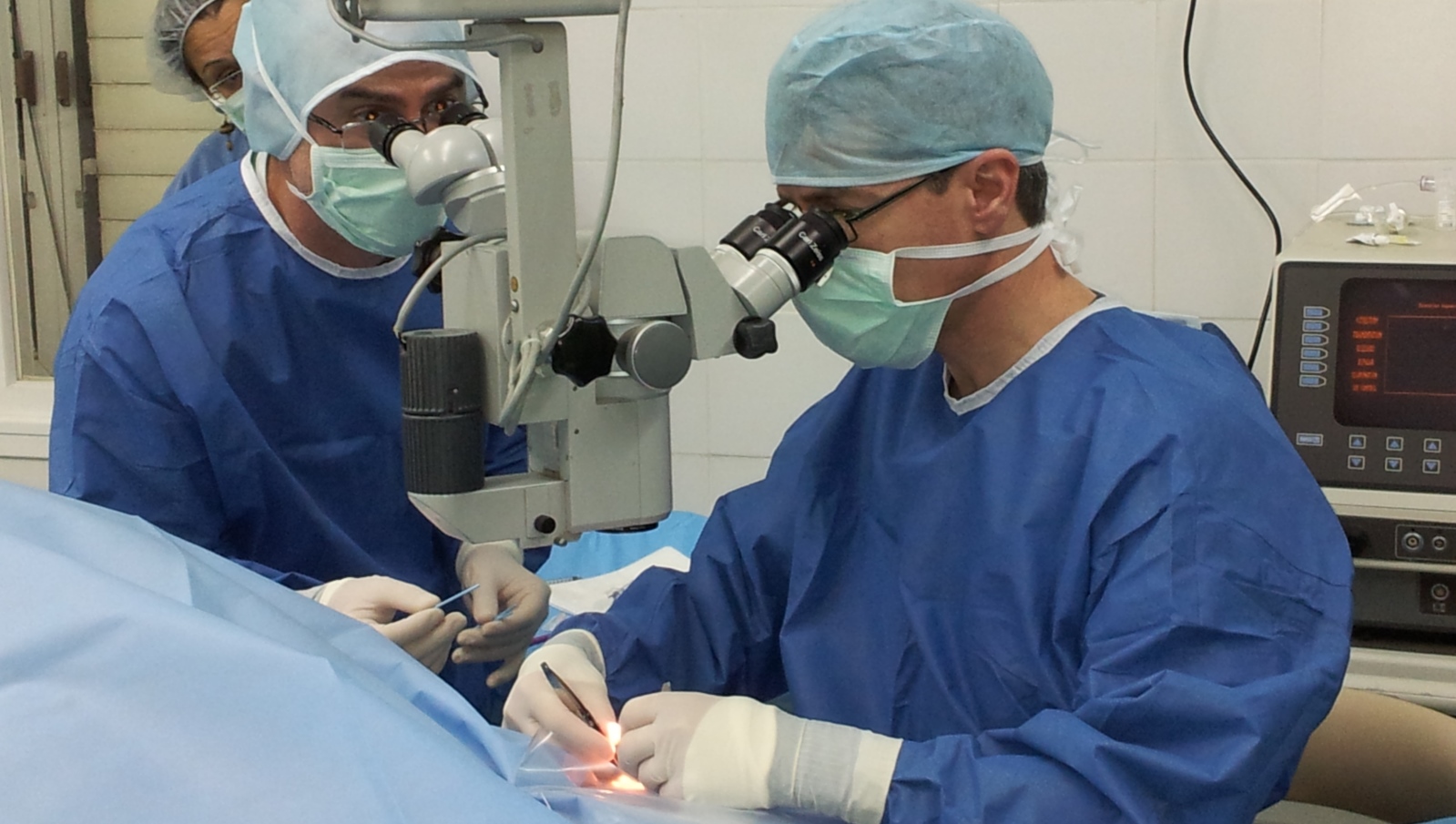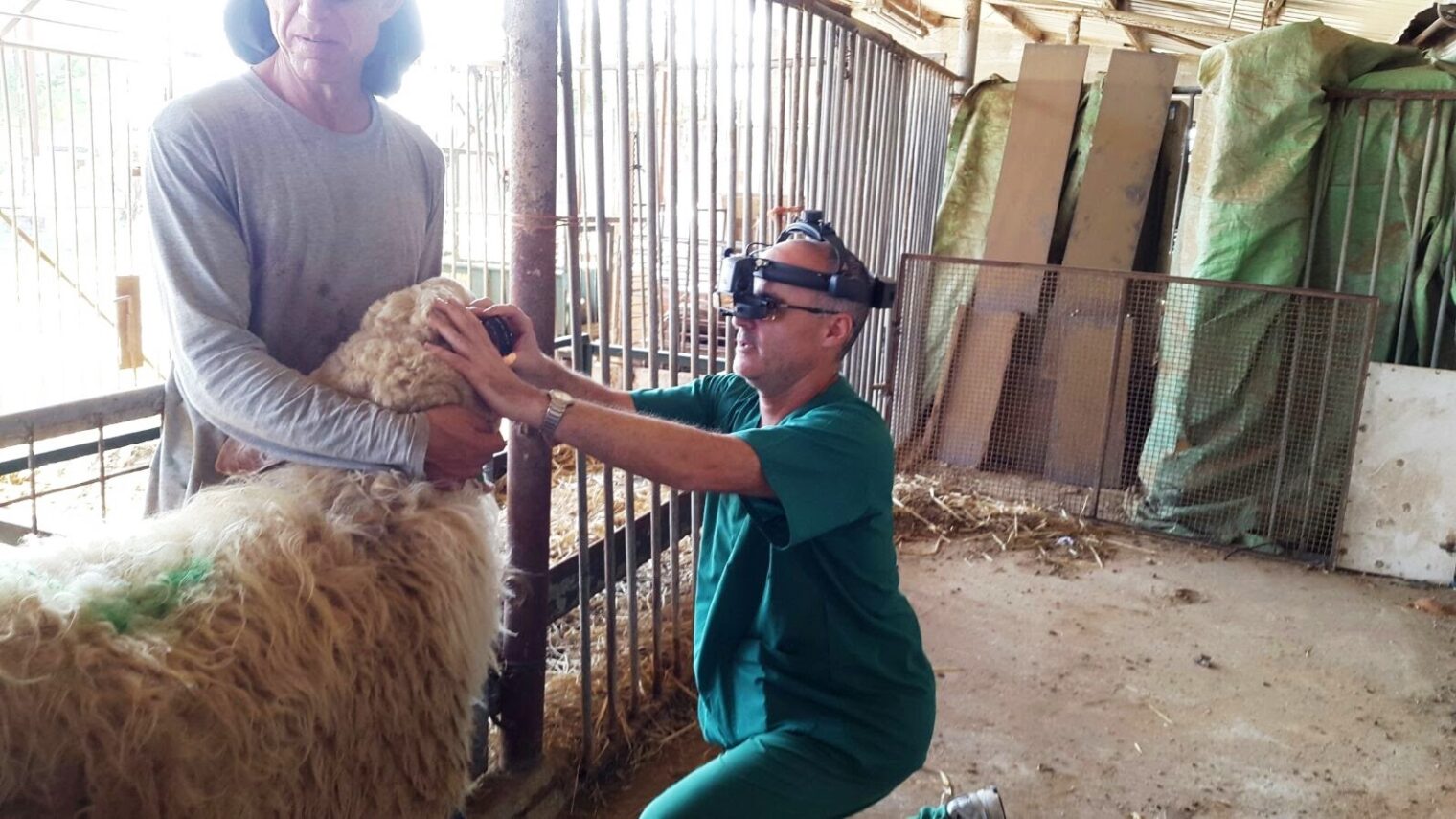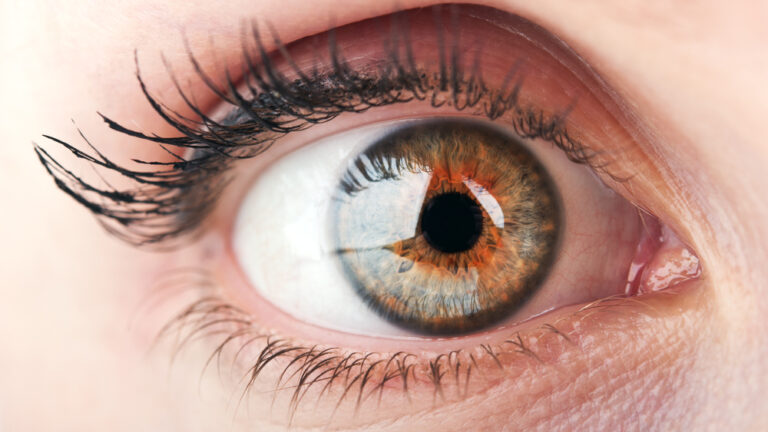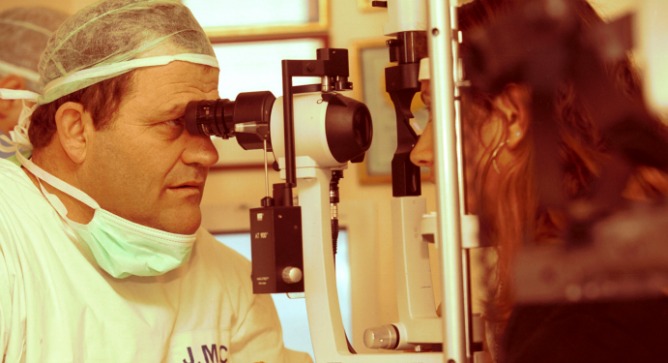Back in 2009, a group of Israeli researchers identified a herd of Awassi sheep that were blind in bright daylight but could see at night, in low-light conditions.
Their condition, known as hereditary achromatopsia or day blindness, is caused by a genetic mutation and it can afflict humans, too – especially children of marriages between close relatives.
Now, the US Food and Drug Administration (FDA) has approved clinical trials of a gene therapy for day blindness developed in Israel by members of the team that identified and treated the blind sheep six years ago. It is already being used in several US medical centers.
“Less than 10 years after we first discovered the vision-impaired herd, we began human clinical trials. This marks a wonderful feat in ovine-to-human and research-to-cure efforts,” said Prof. Ron Ofri of Hebrew University’s Koret School of Veterinary Medicine.
His principal partners in the research are Prof. Elisha Gootwine of Israel’s Volcani Center-Agricultural Research Organization and Prof. Eyal Banin of Hadassah Medical Center, where additional human trials will soon take place. Their paper recently was published in Human Gene Therapy.

Ofri and his colleagues began gene therapy trials for the day-blind sheep in cooperation with Prof. William Hauswirth of the University of Florida’s department of ophthalmology. Affected sheep were injected with a virus that carried a normal copy of the missing gene.
The therapy was a success; the treated sheep regained their day vision, while those not treated remained visually impaired. Most significantly, the oldest surviving sheep from the original study still have daytime vision thanks to a single dose of gene therapy administered to them six years ago.
Hereditary achromatopsia is of special concern in some Israeli cities such as Jerusalem, where day blindness is estimated to affect 1 in every 5,000 people due to consanguineous marriages in certain populations.
The research study was funded by grants from the U.S.-Israel Binational Science Foundation (BSF), Israel Science Foundation, Chief Scientist’s Office of the Israeli Ministry of Health, AGTC (Florida), Macula Vision Research Foundation, the Joseph Alexander Foundation, Research to Prevent Blindness, and Yedidut 1.
















